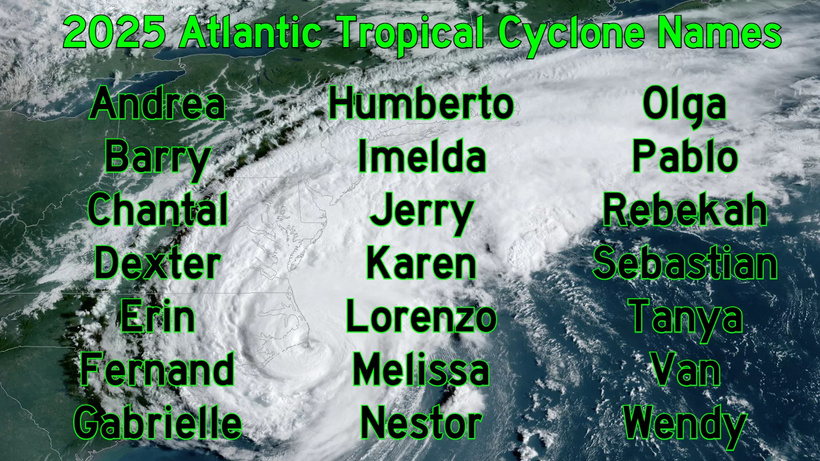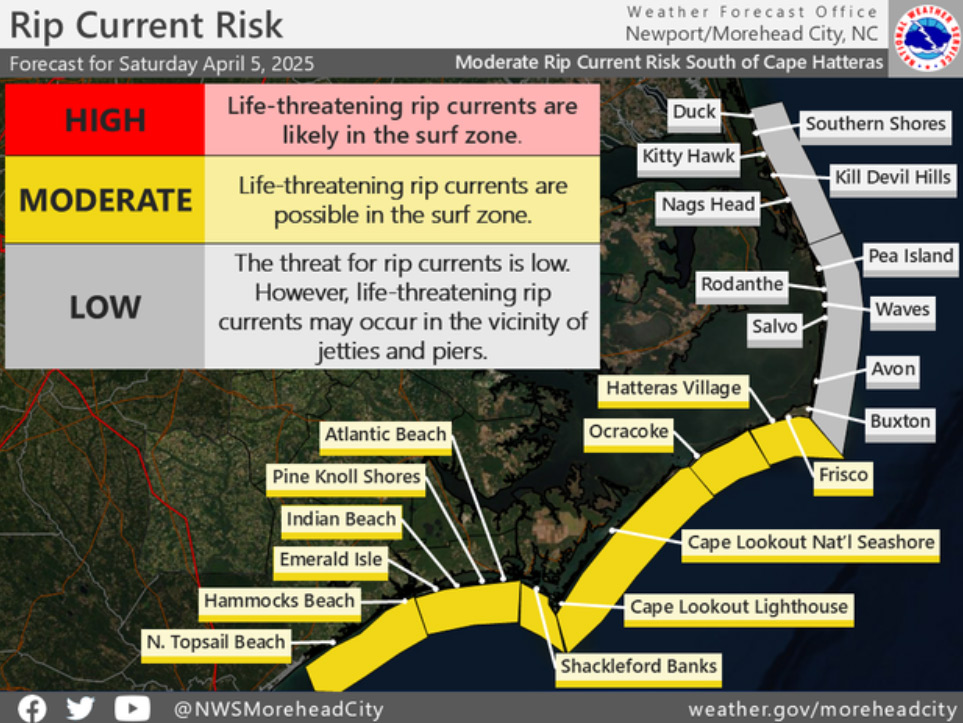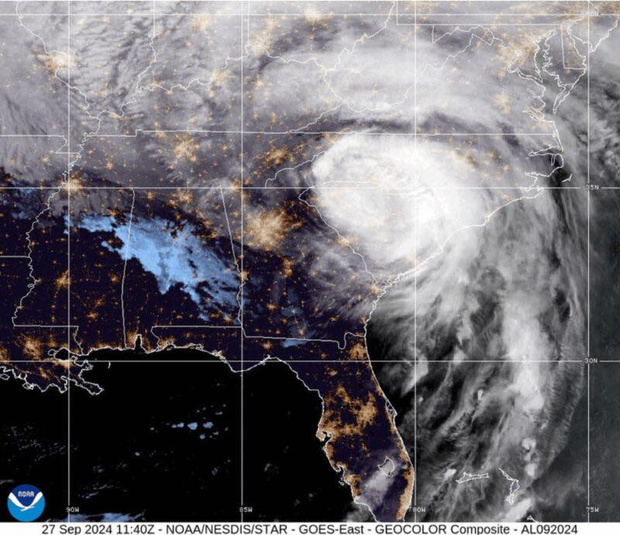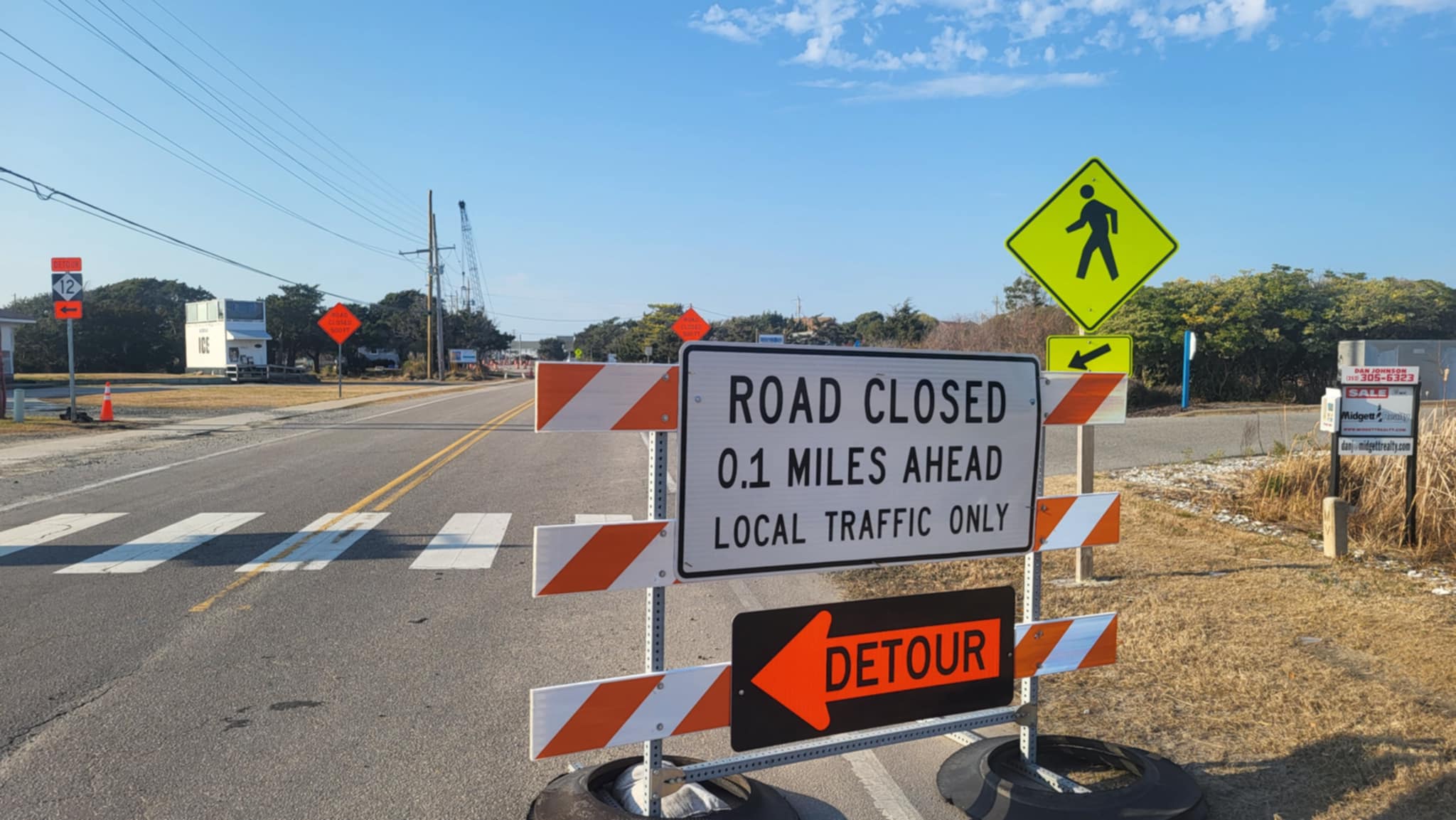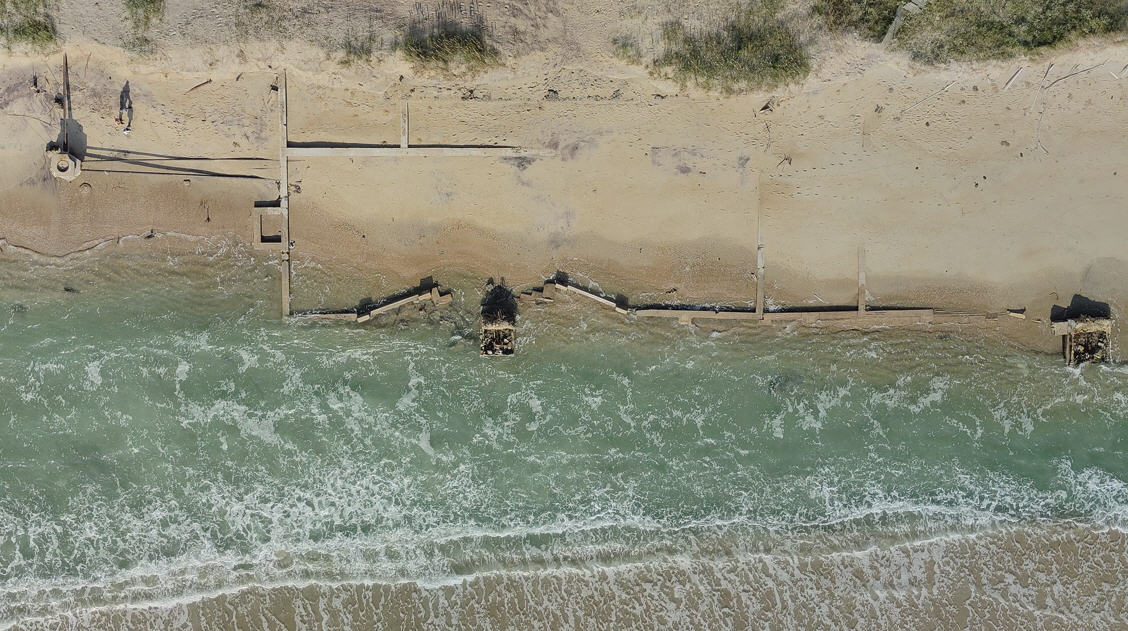ECSU research team to study effect of hurricanes on mental health
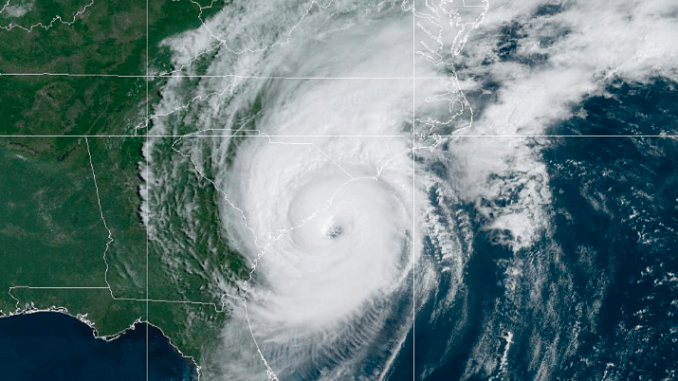
An Elizabeth City State University research team is studying the effects of hurricanes on mental health throughout coastal North Carolina.
ECSU’s Dr. Kulwinder Kaur has been awarded a $50,000 grant from the Department of Homeland Security to help fund the study, which will include “vulnerable populations in coastal North Carolina,” the university said in a news release.
The grant is administered by the Oak Ridge Institute for Science and Education (ORISE).
Last summer, led by Dr. Kaur, ECSU students such as Jada Ellis worked on the project that looks at what causes residents to stay put when a life-threatening storm is about to bear down on them.
“We found in our exploratory summer research data that there is prevalence of mental health issues including substance abuse, but also there seems to be some disconnect between the administration and the residents regarding the availability and accessibility of services,” according to Dr. Kaur. “It is expected that the services may be available but may not be sufficient and there may be some obstacles in accessing the services.”
Dr. Kaur says the research conducted indicates that “there is a prevalence of behavioral issues in both counties affected by hurricanes repeatedly.”
She says that although government administrators say they believe they have appropriate mental health resources, a resident survey shows this is not the case.
“It is imperative that for complete resilience, the population has recovered from both physical and mental injuries associated with natural disasters, in addition to infrastructure building,” said Dr. Kaur.
Dr. Kaur says impacted communities such as Bertie County are “resilient” but more is required, including exploring factors leading to persistent mental health issues, including substance abuse.
Dr. Kaur will continue to focus on Bertie County for an in-depth study. Her team of faculty researchers include Dr. Margaret Young, Dr. Kevin Kupietz, and Dr. Lloyd Mitchell.
The study began in summer 2019. This grant will support continued research.




